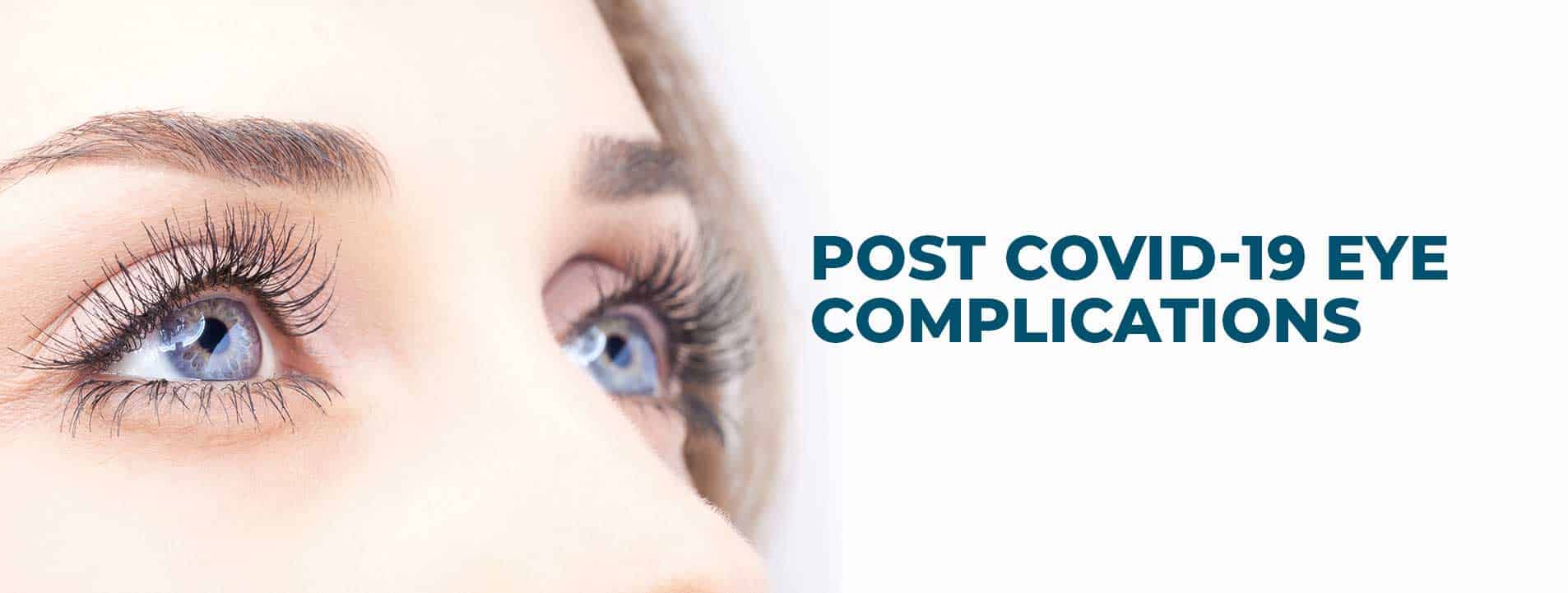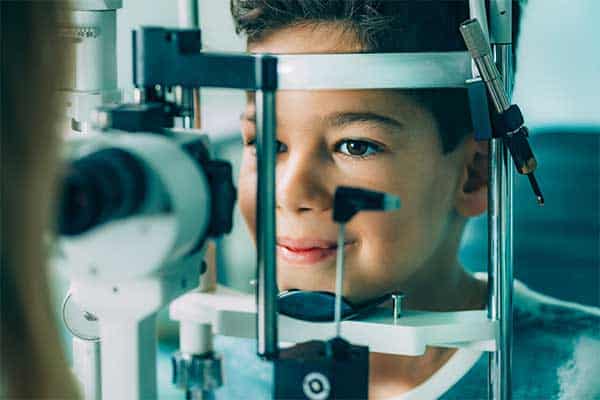
Though 99% of people who get infected with the coronavirus recover well from the disease, some people may experience a range of post-Covid conditions or side effects such as fatigue, body pain, breathing difficulties, headache, fungal infections, vision abnormalities, etc. for months after recovery. Studies indicate that the coronavirus (SARS-CoV-2) infection triggers long-lasting changes in the immune system and causes damage to multiple organs, including the lungs, brain, blood vessels, eyes, kidney, heart, skin, and nerves. This can increase the risk of long-term health issues and complications.
New research shows that the life-saving drugs that have been used synergically, usually at a high dosage against the SARS-CoV-2 may be responsible for certain eye abnormalities. Staying in the supine or prone position or on mechanical ventilation for an extended period of time in the ICU can also take a toll on eye health. This is especially so in the case of people who were hospitalized in the ICU for severe Covid-19, and those with pre-existing eye conditions or underlying health conditions such as diabetes, obesity, and hypertension.
Eye Screening for Post-Covid-19 Patients
Post-Covid-19 vision problems can affect the front (visible) part of the eye, as well as the back (inside) portion of the eye. Apart from those severely affected with Covid-19, even people with mild symptoms and those treated in home-quarantine can experience the long-term effects of Covid-19. Since early diagnosis is key to detecting and managing vision-threatening problems, Narayana Nethralaya recommends an eye screening for people who experience any ocular abnormalities post-Covid-19 recovery. This includes an MRI and a Funduscopy, which uses a magnifying lens and light to check for damage/changes in the back of the eye. If you had any pre-existing eye conditions or underlying health conditions before developing Covid-19, get your eyes screened to detect any changes and prevent further vision complications.
Watch the videos below to learn more about the effects of Covid-19 on the eyes, the visible symptoms, and when to visit an eye doctor for these problems.

Protect yourself from Covid-19
Prevention is better than cure when it comes to Covid-19. We urge everyone to continue to take the necessary steps to reduce the risk of getting infected. This includes getting vaccinated, wearing a mask, social distancing, and washing your hands regularly.
